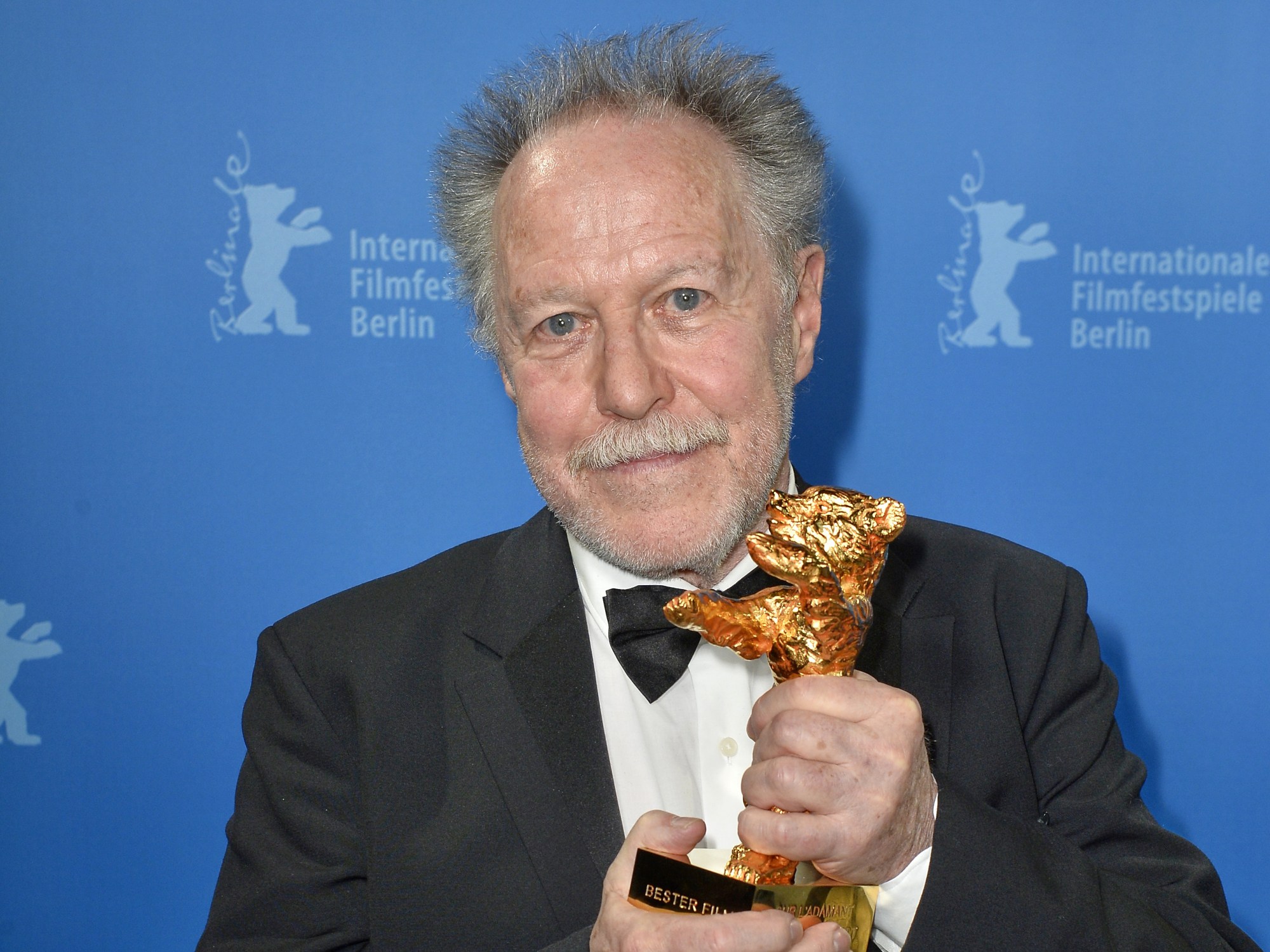
- Film
Nicolas Philibert Continues to Stun with “On the Adamant” at the Karlovy Vary Film Festival
After his internationally acclaimed documentary To Be and to Have (2002), French director Nicolas Philibert returns to the cinema news headlines with On the Adamant. This movie is a captivating exploration of the human condition, that delves into the lives of individuals with intellectual disability who meet daily in a floating day-care center on the Seine in Paris. Winner of the Golden Bear at the last edition of the Berlinale, On the Adamant is now continuing to draw many moviegoers while being now presented in the Horizons sections in the Karlovy Vary film festival. I had a chance to speak with Nicolas Philibert in Berlin, right after he got the award.
On the Adamant is not your first documentary about psychiatry. You have already tackled the same subject in Every Little Thing (1997). What fascinates you so much in the world of mental disorders?
I have been interested in psychiatry for a very long time. In a sense, it mirrors the society we are in. It’s a strange world but also at the same time very stimulating. It’s curious to see that psychiatric patients are very clear about their own illness. They are very lucid about their own state of mind. On the one hand they are far away from us, but on the other hand very close. There are wrong preconceived ideas about people with mental disorders. We think they are very depressed and very violent. There are beliefs that do not align with reality. I wanted to make a movie that challenged those cliches.
The Adamant is a peculiar place in Paris. What drew you to shoot a whole movie in that facility?
The Adamant is a unique day center in the heart of Paris. It’s a floating building that welcomes, daily, adults with psychiatric challenges. It is a place that offers care and that helps these people structure themselves in time and space. The team behind the Adamant do what they can to resist the dehumanization of psychiatry. They invite speakers, philosophers, writers and even filmmakers like me to interact with the participants. It helps these patients to get their spark back, to reconnect with the world at a time when they are often withdrawn.
You have a unique approach to documentary filmmaking which is the ability to capture the nature of human experiences in a very non-intrusive way. How do you achieve that?
Before I start shooting, I start by explaining what my intentions are. I take time. I also don’t come with preconceived ideas. I try to build a relationship with whoever I am doing the movie about. I don’t want to do a film about them but with them.
How did that work in the specific case on the On the Adamant?
I didn’t force myself on them while they were in the middle of a crisis. I never intended to turn their suffering into a spectacle. The ethics matter for me. The patients featured in the movie have a very clear idea about their health. Imagine how they would feel when they got out of crisis mode and saw that I had exploited that. I didn’t do that. That’s why there is trust and hence the chance to get deep into a conversation with them when it’s appropriate.
Was the Golden Bear prize an important acknowledgment for you?
Definitely. To see that documentary can be considered cinema in its own right touches me deeply.

